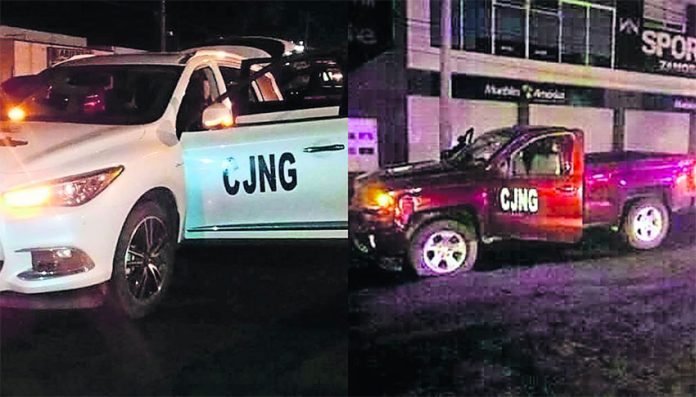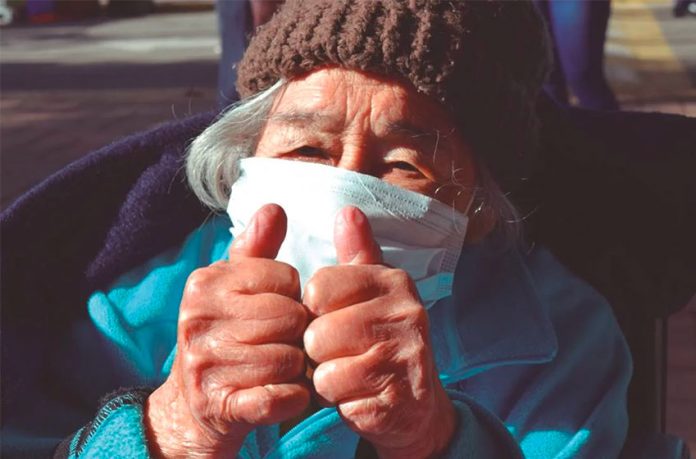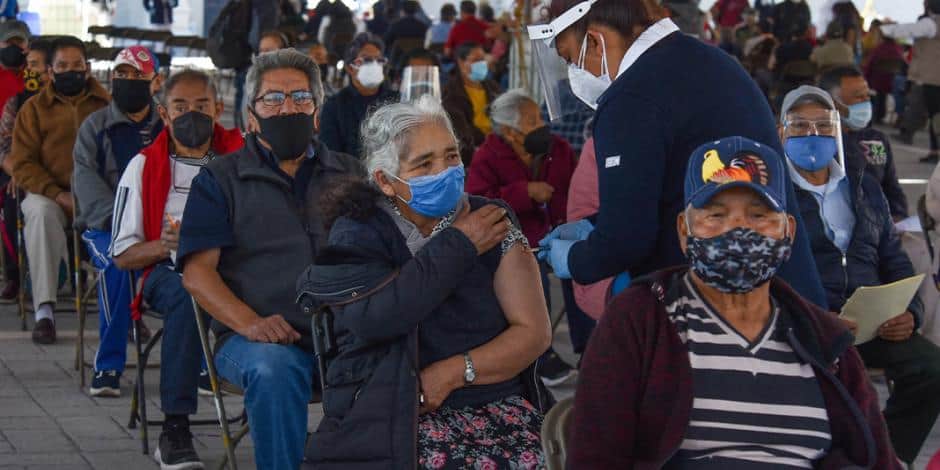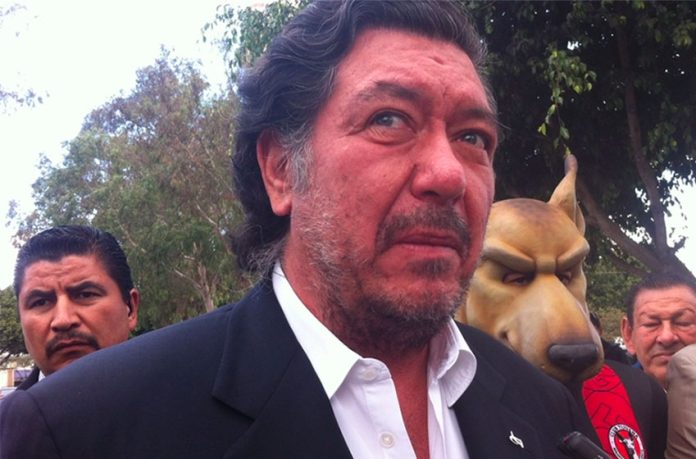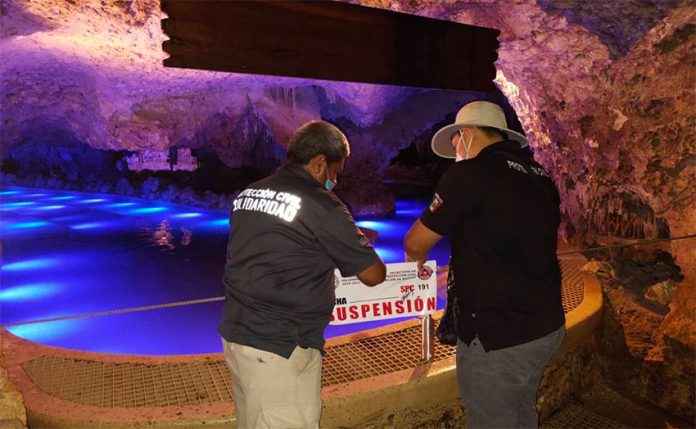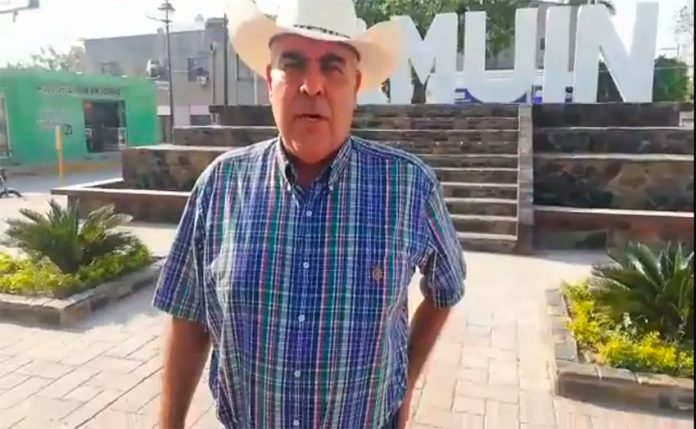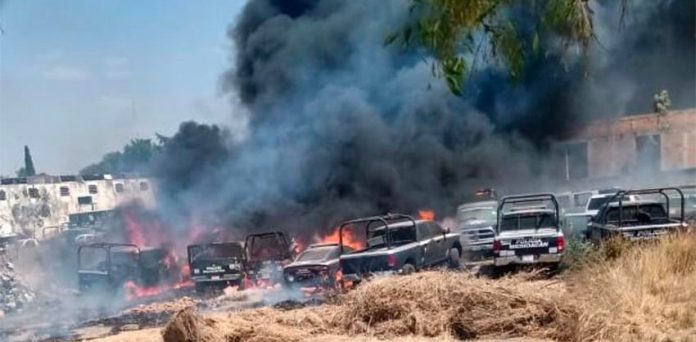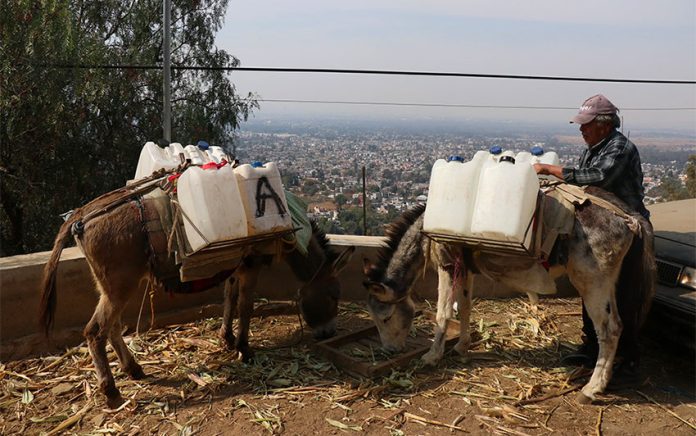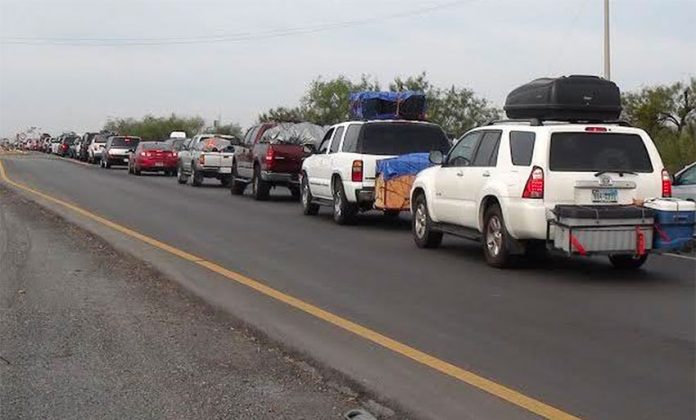A judge has ordered a candidate for governor in Chihuahua to stand trial on charges she accepted bribes while she was a state lawmaker.
María Eugenia Campos, National Action Party (PAN) candidate for governor, and two other former lawmakers, Rodrigo de la Rosa and María Ávila Serna, allegedly received millions of pesos in illicit payments during the 2010-2016 Chihuahua government led by former governor César Duarte, who was arrested in the United States on corruption charges last July.
Judge Samuel Uriel Mendoza Rodríguez determined that there was sufficient evidence for the case to go to trial.
The Chihuahua government said Thursday night that the judge had accepted prosecutors’ accusations that resources were illegally diverted from the state Finance Ministry to the three ex-lawmakers. The allegedly illegal payments were made as part of a corruption scheme known as “secret payroll” in which Duarte was supposedly involved.
The Chihuahua government asserted that Campos, who left her position as mayor of Chihuahua to contest the June 6 election, received 9 million pesos (US $443,000 at today’s exchange rate) from César Duarte, who is fighting extradition to Mexico.
Some of that money allegedly went to César Jáuregui Moreno, another former PAN lawmaker.
The government claimed that de la Rosa, a former Institutional Revolutionary Party lawmaker in Chihuahua, received 2.5 million pesos and 3.8 million pesos went to Ávila, who represented the Ecological Green Party in the federal Congress.
A fund of 1 billion pesos (US $49.2 million) was used to make illicit payments in the “secret payroll” scheme, according to Chihuahua authorities.
The three lawmakers were not remanded in custody but the judge ruled that they cannot leave the country. Mendoza granted prosecutors a six-month period to conduct further investigations before the case proceeds to trial.
Campos accused current Chihuahua Governor Javier Corral, a fellow panista – as members, supporters and representatives of the PAN are known – of leading a campaign of political persecution against her. She also accused Chihuahua government general secretary Luis Fernando Mesta Soulé of conspiring against her.
Their aim, Campos said, is to “hand over the state to the Morena,” an accusation that is surprising because Corral has been a staunch critic of the ruling party founded by President López Obrador.
But the governor and Campos have had a testy relationship and the former has not supported the latter’s candidacy.
Campos said she would not suspend her campaign despite the accusations she faces, pointing out that she hasn’t been convicted of any crime.
“I want to make it very clear that this … [decision] is not a sentence and doesn’t affect my political rights to vote and be voted for,” she said on Twitter.
PAN national president Marko Cortés and former president Vicente Fox are among a range of political figures who have expressed their support for Campos, who is widely known as Maru.
“Maru will overcome!! The forces of evil will not prevail!!” Fox said on Twitter.
Source: Sin Embargo (sp)

